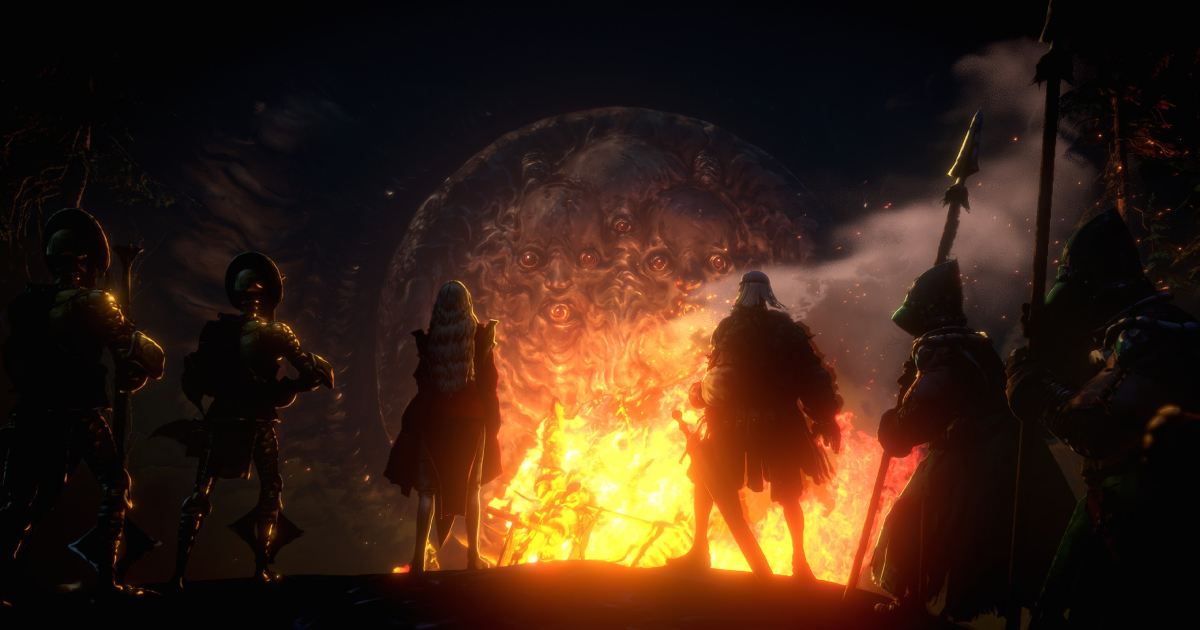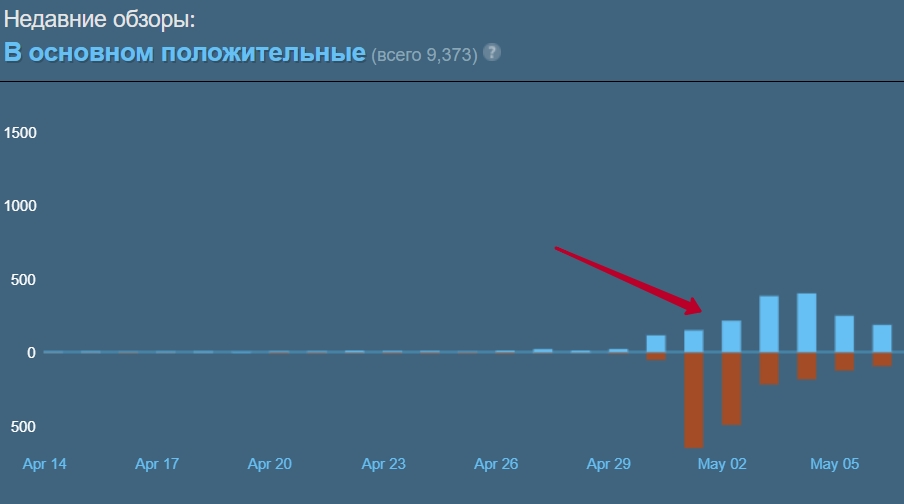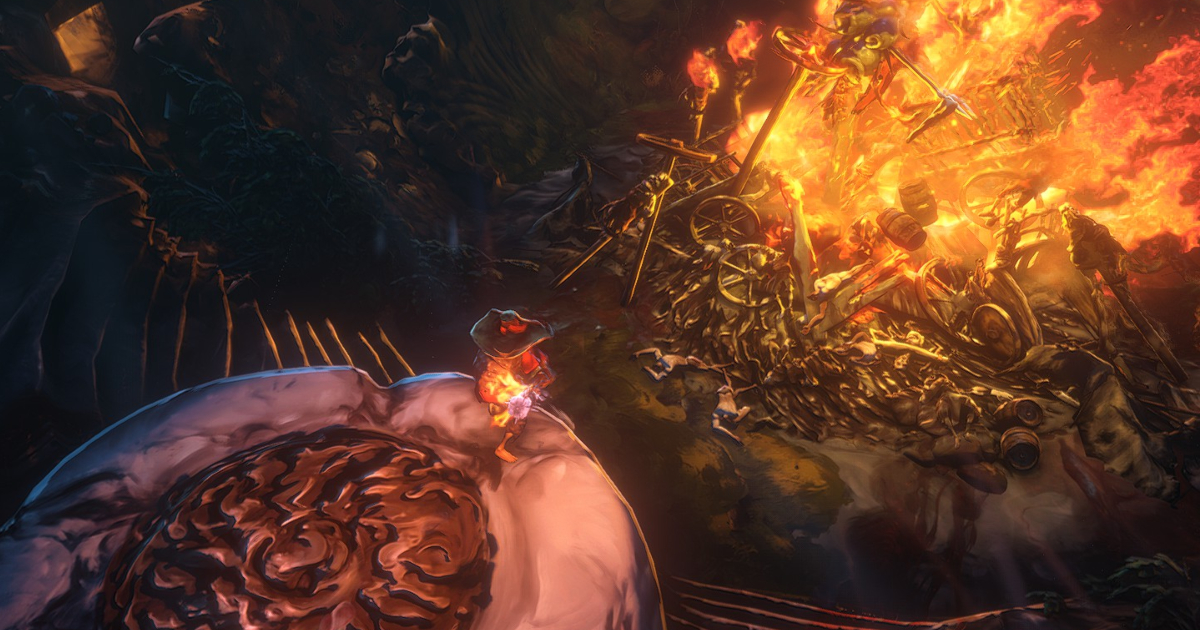The release of the new update for "No Rest for the Wicked," an ambitious action RPG from Moon Studios, did not go as planned. At first glance, what seemed like a mundane situation turned out to be much deeper, highlighting global mistakes with the early access model that could serve as an example for other studios.
Contents:
- What happened?
- Moon Studios versus the Steam review system: was there review-bombing?
- Possible financial difficulties: how the sale of Private Division might have impacted development
- Key mistakes by Moon Studios during early access for No Rest for the Wicked
- Not all developers understand the concept of Early Access
What happened?
On April 30, Moon Studios released the second update for "No Rest for the Wicked" titled "The Breach." Along with two new zones, the studio added thousands of tweaks of varying magnitudes, while also making changes to the game's key systems and balance.
The release was initially met with negativity — by May 1, only 19% of nearly 800 new reviews were positive. It's worth noting that there was a ten-month gap between the first and second updates, and the new version of the game introduced numerous unexpected gameplay changes and issues for the audience.
Most of the negative reviews boiled down to the developers killing the fun in pursuit of their own vision of balance. Key complaints included the drastic nerfing of certain mechanics like bow shooting, reduced drops of important items, difficulty spikes, and issues with parrying and other combat elements.
We'll refrain from delving into every point since the developers responded promptly to the feedback and released three hotfixes in the first week after "The Breach" launch, addressing many issues. Furthermore, some criticism was related to mechanics present in "No Rest for the Wicked" since the beginning of early access, such as the lack of full fast travel (which is now promised to be addressed in an upcoming patch).
Head of Moon Studios, Thomas Mahler, eventually publicly took responsibility for the game's balance being "slightly off" at the launch of "The Breach." According to him, this occurred because the studio wanted to add too much new content and reworked mechanics into the update.
After several fixes, the overall user rating for "No Rest for the Wicked" on Steam began to gradually rise, shifting from "mixed" to "mostly positive." Out of the more than 11,000 reviews left in the past 30 days, 81% are now positive.
From the outside, it might seem like a straightforward situation: developers acknowledged and swiftly corrected a series of issues, and the audience supported their efforts with a "thumbs up." Isn't that cause for celebration? But in reality, the emergence of these reviews is a direct consequence of Mahler's public reaction and his rather distorted understanding of the term "review-bombing."




